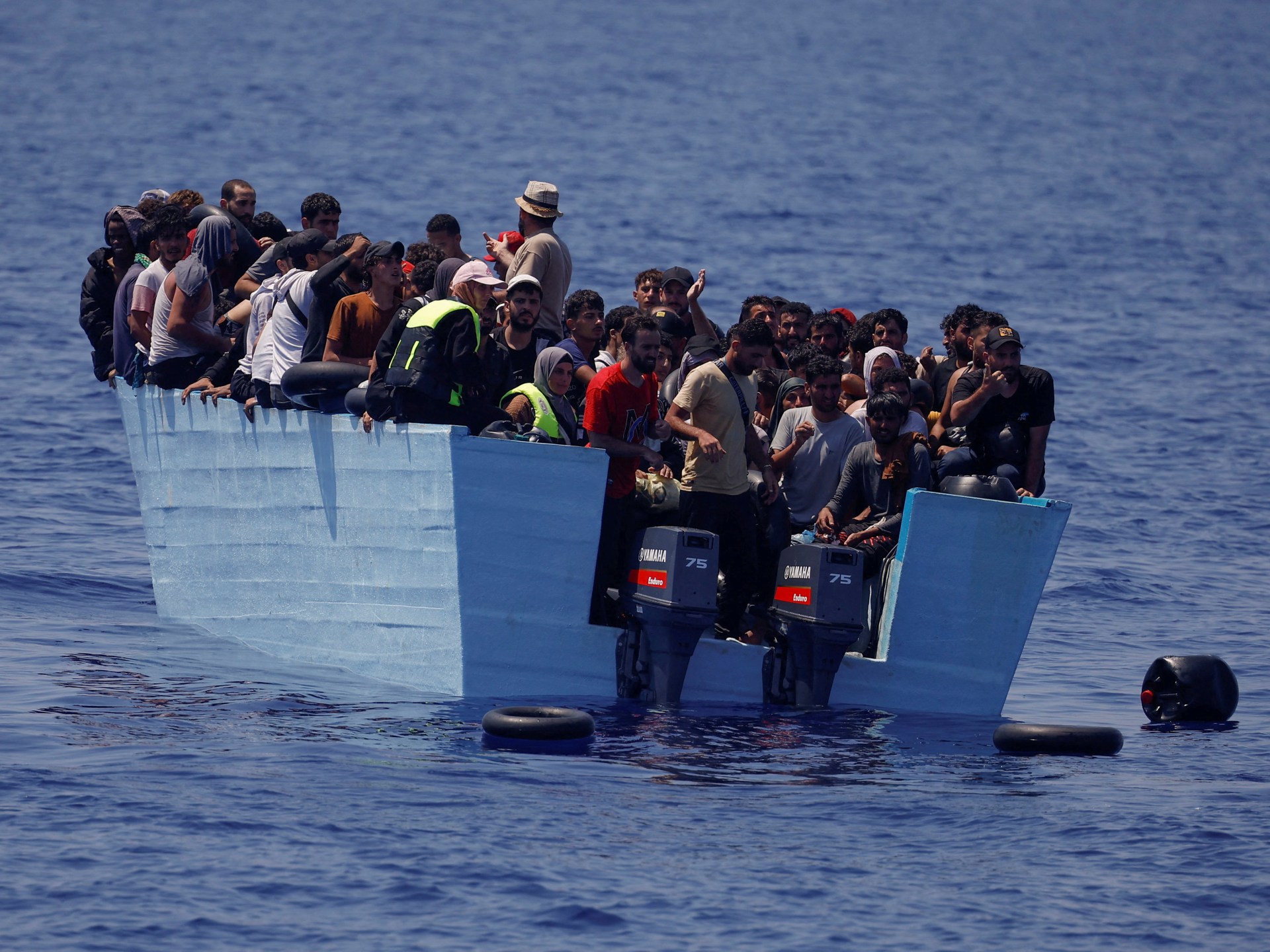After attempting the risky crossing to Europe, the International Organization for Migration (IOM) has reported that at least 60 refugees and migrants are feared missing and drowned at sea following two shipwrecks off the coast of Libya.
IOM is once more pressing the international community to increase search and rescue operations and ensure survivors’ safe, predictable embarkation, according to Othman Belbeisi, regional director for the Middle East and North Africa. “With dozens feared dead and entire families left in agony, IOM is once more pressing the international community to scale up search and rescue operations.”
According to the United Nations agency, one shipwreck occurred on June 12 near Tripolitania’s Alshab port. 21 people have been reported missing, and only five have been found. Six Eritreans, three of whom are feared dead, include two Sudanese men, three women and three children, five Pakistanis, four Egyptians, and two Sudanese men. Four more people’s identities are still undetermined.
On June 13, about 35 kilometers (22 miles) west of Libya’s Tobruk, an incident occurred. 39 people are missing, according to the only survivor, who was rescued by fishermen.
743 people have died this year, or at least, in the attempt to travel across the Mediterranean to Europe, of which 538 are still on the Central Mediterranean route, which is still the most fatally known migration route in the world.
The Libyan coastguard, a quasi-military organization connected to militias accused of abuses and other crimes, has received financial assistance from the European Union in recent years, including by providing them with equipment and financial assistance.
According to NGOs, the state-run search and rescue operations have become more dangerous as a result of this change. They have also criticised state-sponsored actions against charities that operate in the Mediterranean.
In Libya, many people who have fled conflict and persecution have found themselves stranded, often in detention in conditions that human rights organizations have criticized as inhumane.
Libya has received criticism for its treatment of refugees and migrants, which is still struggling to recover from years of war and chaos following the 2011 NATO-backed overthrow of longtime ruler Muammar Gaddafi.
Source: Aljazeera

Leave a Reply